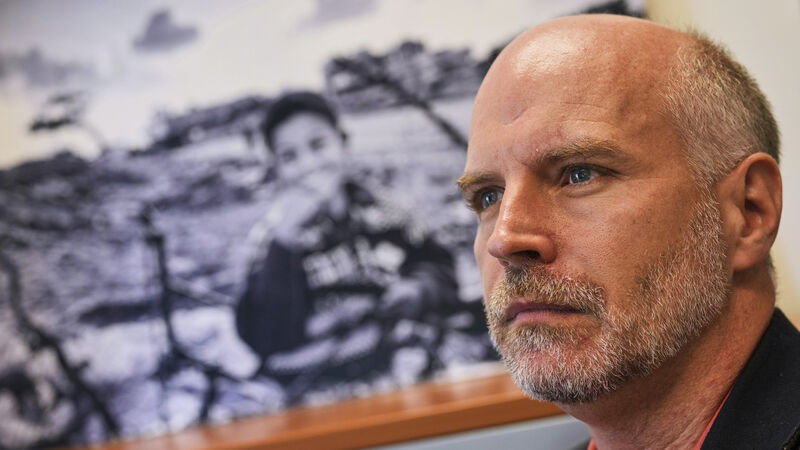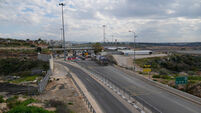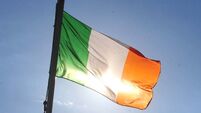Israel must let Unrwa back into Gaza

Director of Unrwa affairs in Gaza Sam Rose: Only Unrwa (UN Relief and Works Agency) with its 12,000 staff in Gaza, has the means, the infrastructure and experience, to solve the humanitarian situation. Picture: AP/Virginia Mayo
Late on Monday night, the UN Security Council passed a US-backed resolution 2803 (2025), based on the 20-point Trump peace plan. The resolution approves the establishment of an international force to restore order in Gaza, protect civilians and open the way for largescale aid and rebuilding. There were 13 votes for, and two abstentions, Russia and China.
The resolution authorises an international stabilisation force to support the demilitarisation of Gaza, which will answer to a Board of Peace. The board will govern Gaza for two years, handing over to an administration which will include a reformed Palestinian Authority.
















